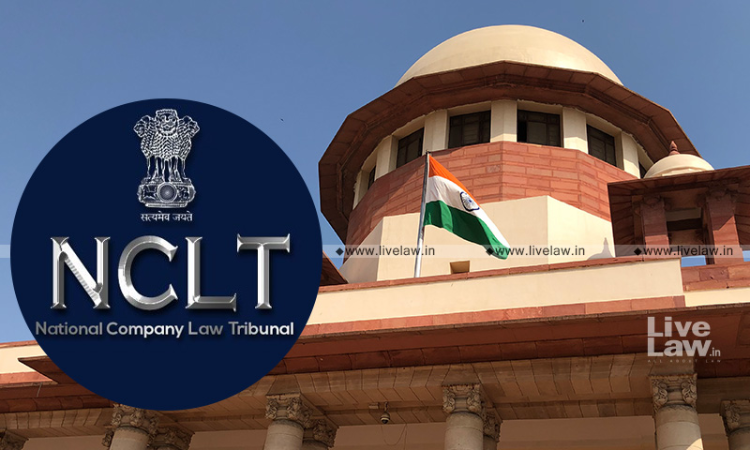'There Can't Be So Much Secrecy': Supreme Court Asks Centre To File Committee Resolutions On NCLT Members' Tenure On Affidavit
Mehal Jain
16 Jun 2022 8:17 PM IST

Next Story
16 Jun 2022 8:17 PM IST
The Supreme Court on Thursday asked the Centre to make public the decision taken by the CJI-led Committee on the issue of extending tenure of 23 NCLT (National Company Law Tribunal) members from 3 years to 5 years.The Centre had claimed secrecy over the resolutions passed by a Committee chaired by the Chief Justice of India N. V. Ramana and consisting of Justice Surya Kant and the Secretary...
